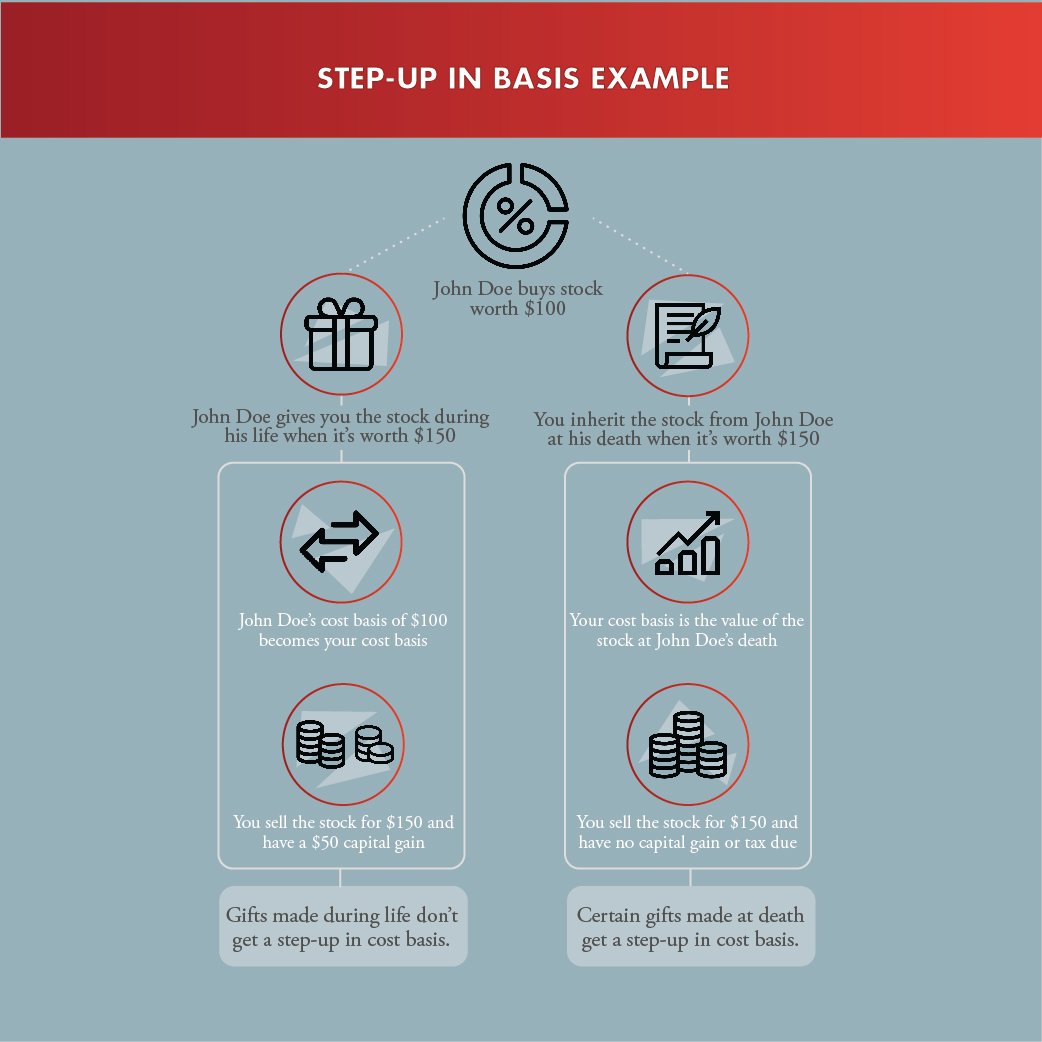When in the market for an estate plan, it can be tempting to seek out online legal services like LegalZoom that promise fast and low-cost solutions for estate planning and other legal needs. But as experienced estate planning attorneys, we’ve seen first-hand the problems that arise when individuals rely on one-size-fits-all templates instead of seeking professional legal guidance.
Here are some things we’ve seen that might make you think twice before using an online tool for something as critical as your estate plan documents:
...Read More




